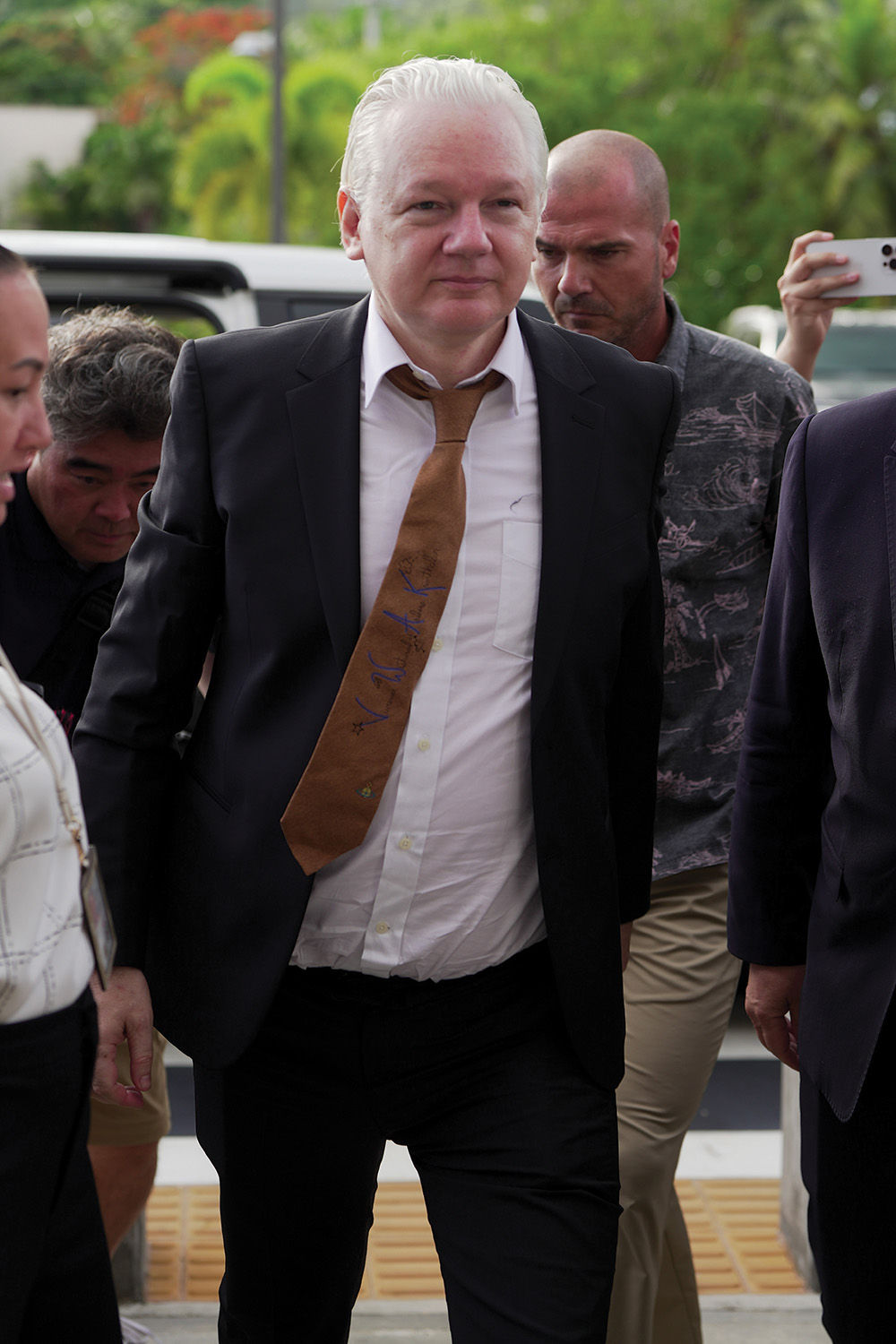
Julian Assange, WikiLeaks founder, has agreed a deal with the US authorities where he will plead guilty this week to a single espionage charge in the US District Court in Saipan, after which the US will drop its extradition request
Saipan, in the Northern Mariana Islands, is a US commonwealth island in the western Pacific. Assange is expected to return to his native Australia after the hearing.
Assange faced 18 charges in the US for publishing classified files on the conflicts in Iraq and Afghanistan. He has been imprisoned in the UK since 2019 after seven years in the Ecuadorian embassy avoiding extradition to Sweden.
The High Court accepted the deal this week.
Shaul Brazil, partner at BCL Solicitors, said: ‘A commonly deployed strategy in US extradition cases is to pursue a robust defence for as long as possible; not necessarily in order to ultimately resist extradition successfully, but to put the requested person in the best possible position to negotiate a favourable plea agreement.
‘Whether or not that was the strategy adopted by Assange, it appears to be the outcome he achieved, albeit with a price paid in the years he spent in prison.’
Rebecca Niblock, partner at Kingsley Napley, said: ‘People in the UK facing extradition requests from the US are often well advised to agree to plea deals, given the way the US plea bargaining system works, and harsh sentences in American courts.
‘The recent decision of the UK High Court to give permission to Assange to appeal may have brought some pressure to bear on him agreeing a US deal—winning the case here was by no means a certainty for the US.
‘While extradition laws have tended towards de-politicisation in recent years, the reality is that there are some cases, such as this one, in which politics and diplomacy are front and centre.
‘Most likely diplomatic pressure from the Australian prime minister played a role in finally bringing this case to a close.
‘Agreeing a plea deal in which Assange serves no more time in custody amounts to a win-win: the US gets a conviction, and Assange gets to go home.’











